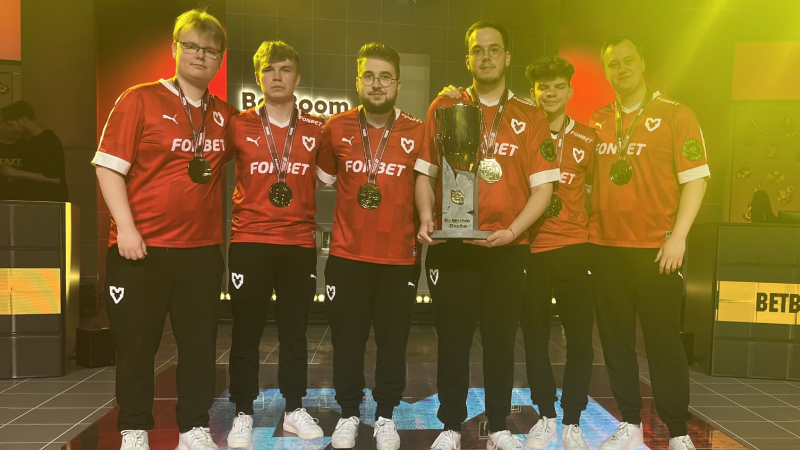
It was 20 years ago the Eagles shocked the fanbase and acquired Terrell Owens.
For those of us who lived through the Ballad of Terrell Owens, it is a brief moment in Eagles history that felt like a lifetime, a rollercoaster of highs and lows that provided some marvelous memories and moments of great anger and frustration that ultimately resulted in both the player and the franchise failing to take advantage of an incredible partnership.
It was 20 years ago the Eagles shockingly found themselves with the true No. 1 wide receiver the team had lacked since Andy Reid and Donovan McNabb turned the Birds from a rebuilding laughingstock into an NFL powerhouse. Owens, perhaps the best wideout in the league heading into the 2004 season, dramatically impacted the team immediately, powering the Eagles to a 13-3 record, the top seed in the NFC, with a Super Bowl performance for the ages on a busted foot in a losing effort.
All with copious amounts of drama along the way.
In this post, we’re going to take a look back at the strange circumstances that led T.O. to become an Eagle. We’ll get into his historic 2004 season and subsequent crashing and burning as the year goes along, but for now, we’ll focus on his bizarre arrival to Philadelphia.
It took three franchises — Owens’ original team, the 49ers, the Baltimore Ravens and the Birds — the player’s union, the league office and a Special Master to finalize a trade that, for much of the beginning of the off-season, didn’t appear to be headed in Philadelphia’s favor.
It became clear early on in the process that Owens wanted to come to Philadelphia. Still under contract with San Francisco, T.O. had made it known he wanted out and to be dealt to a contender. The Eagles had made the postseason four consecutive seasons and reached the NFC Championship Game in the previous three — all losses, and the lack of a top-notch wide receiver was one of the major reasons why.
The Eagles desperately needed a game-breaking target for McNabb on the outside. James Thrash, Todd Pinkston and Freddie Mitchell were adequate secondary pieces, but the offense struggled against better defenses, particularly against the Carolina Panthers in the NFC title game the year before.
Owens and his then-agent, David Joseph, had already worked out a contract deal with the Eagles when the Birds tried to send a player and a 5th-round pick to San Francisco for the mercurial star. However, San Francisco had an offer on the table from the Ravens in which Baltimore would send them a 2nd-round pick.
The Niners made the smarter football decision and, on March 4, accepted the deal with Baltimore. However, Owens was adamant he wanted to play for the Eagles and refused to report to the Ravens. Upon learning of Owens’ strong desire to play in Philadelphia, the union argued that the trade should be rescinded and the 30-year-old receiver should be declared a free agent.
All of this could have been avoided had Owens and his agent not missed a deadline to void the final years of his deal with San Francisco, which would have made him a free agent from the get-go. After appealing, the league said the missed deadline would stand and that Owens was still a 49er. However, they firmly believed his deal with San Francisco should be null and void. At that point, San Francisco knew they needed to trade him.
Enter NFL Special Master Stephen B. Burbank, who was appointed by the league to oversee what had become a ridiculous mess. Attorney Jeffrey Kessler presented a more-than-two hour presentation to Burbank that was apparently effective enough to scare San Francisco into re-thinking their resistance to undoing their deal with Baltimore.
Rather than wait for Burbank to make a ruling, the three teams agreed to a settlement that would see the Eagles send a 5th-round pick to the Ravens and defensive end Brandon Whiting to the 49ers in exchange for T.O. Rather than see Owens become a free agent and get nothing, San Francisco got Whiting, a rotational veteran defensive end who would play just five games for the Niners in 2024 where he recorded no sacks and 11 combined tackles. He retired after that season.
There’s no doubt the Baltimore Ravens also got jobbed, but they recognized the headache they would assume if they forced Owens to abide by the trade and tried to welcome in an unhappy malcontent into their locker room (a reality that would become all too clear for Philadelphia in one year’s time). After the agreement, Ravens GM Ozzie Newsome said, “In good faith, we made a trade that was approved by the NFL, and we thought we had a valid contract with T.O. We have our second-round choice back and an extra selection. We’ll use both to improve the 2004 Ravens.’’
Following the compromise, Owens signed a seven-year, $42 million contract with Philly that included $16 million in bonus money. It seemed like a deal all were happy with at the time.
Looking back, the quotes from T.O. immediately after the deal don’t hit quite the same.
“I’m definitely feeling like I’m going to fit in real nice here. My heart was in Philly, trying to get here and trying to get to the Super Bowl. I was pretty confident in the case I had. If anybody knows me, they know I was going to stand strong in what I believe in.”
We’ll dive more into the T.O. 2004 season on the 20th anniversary of the Eagles’ second Super Bowl appearance this season, as well as the aftermath and disastrous end.
















You must be logged in to post a comment Login